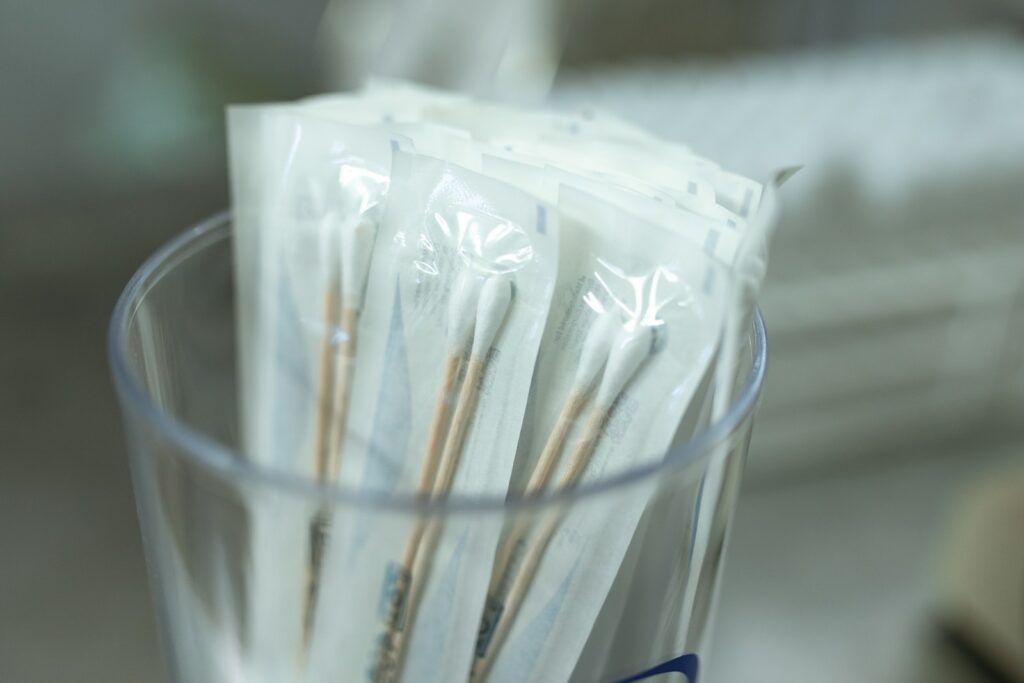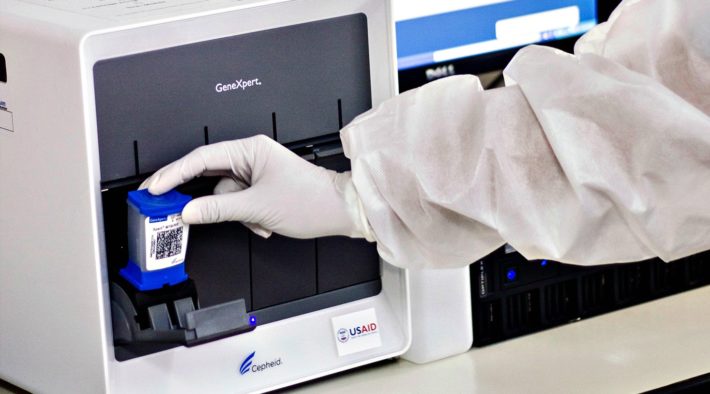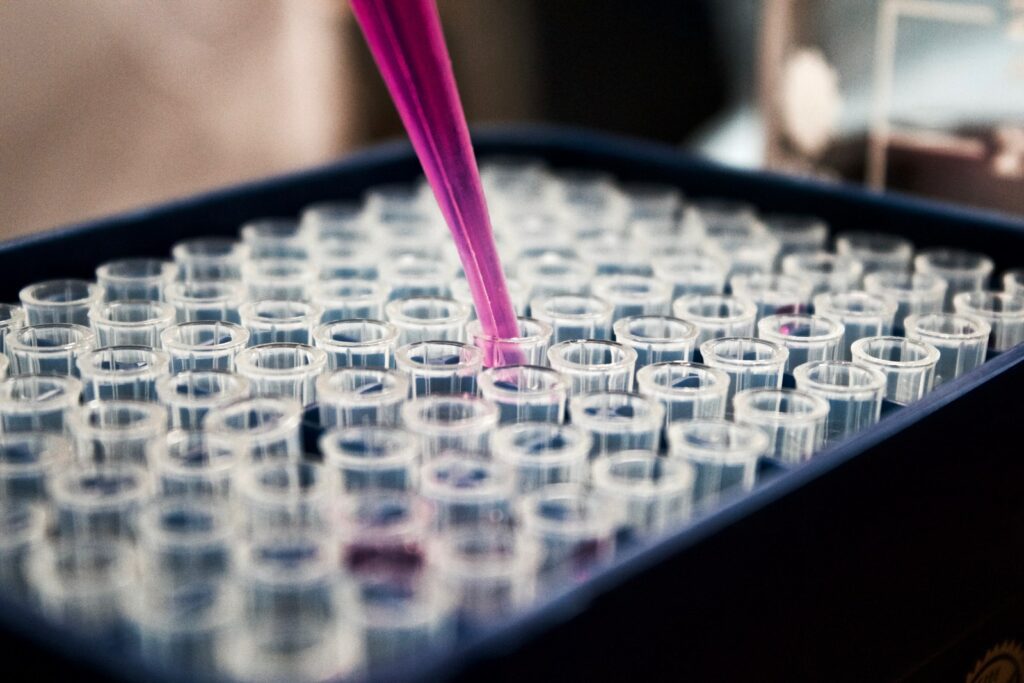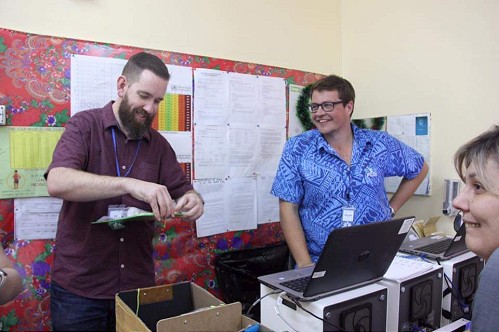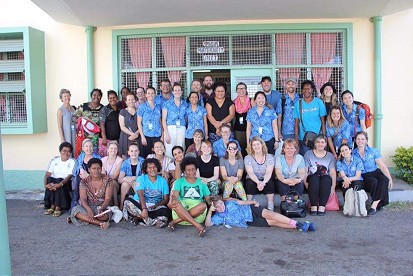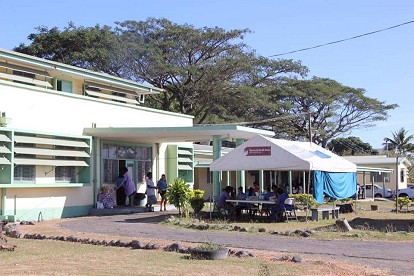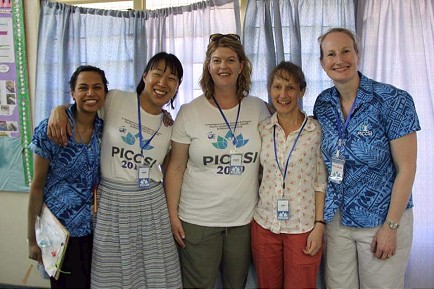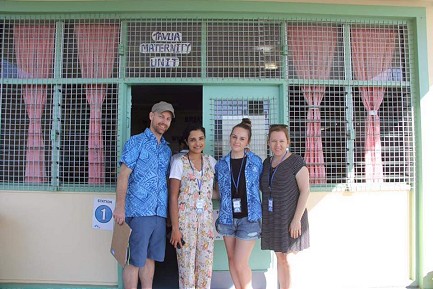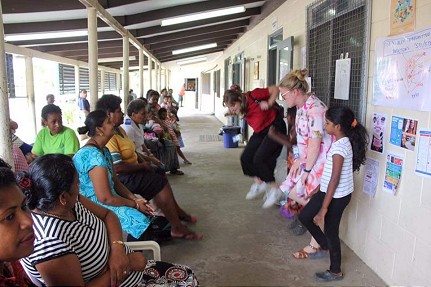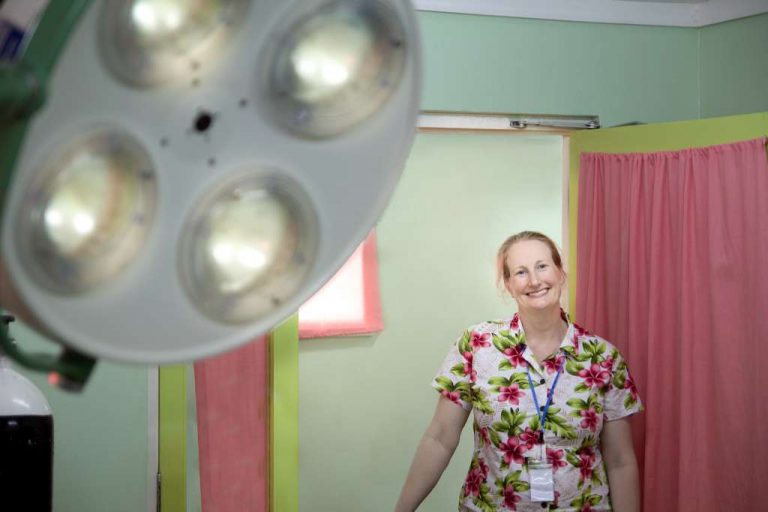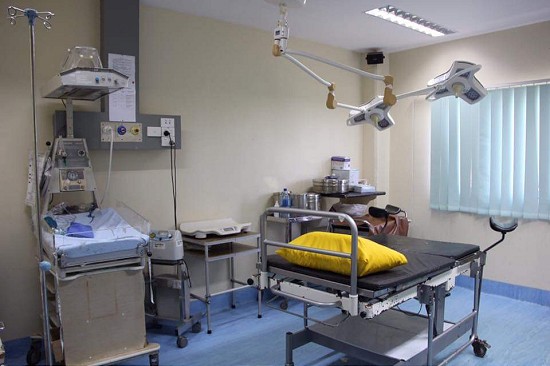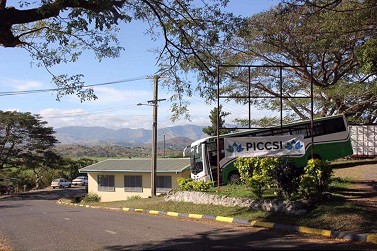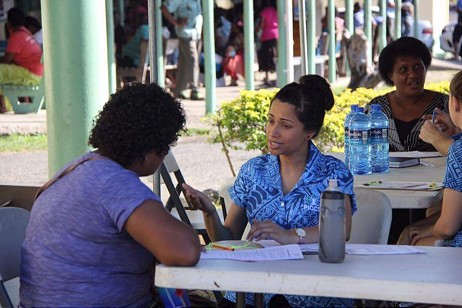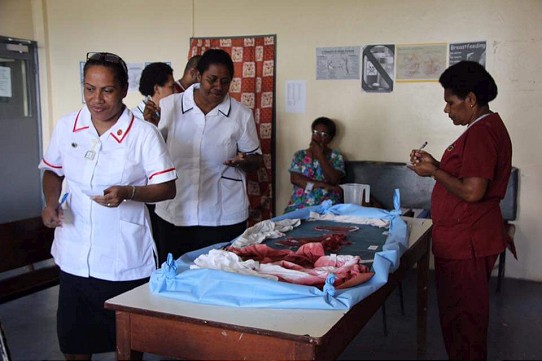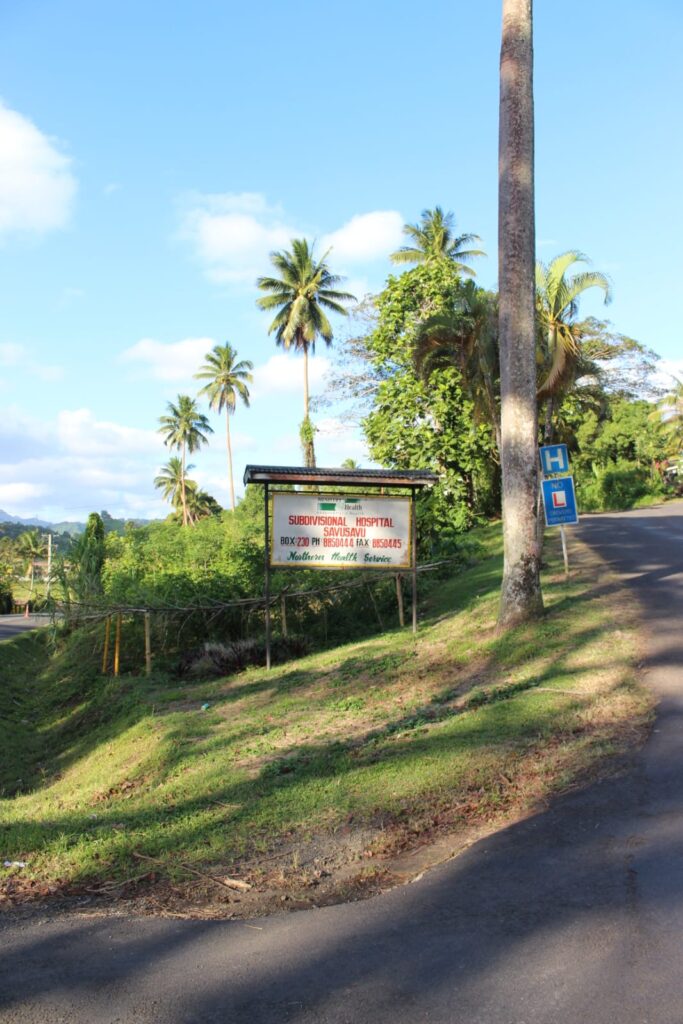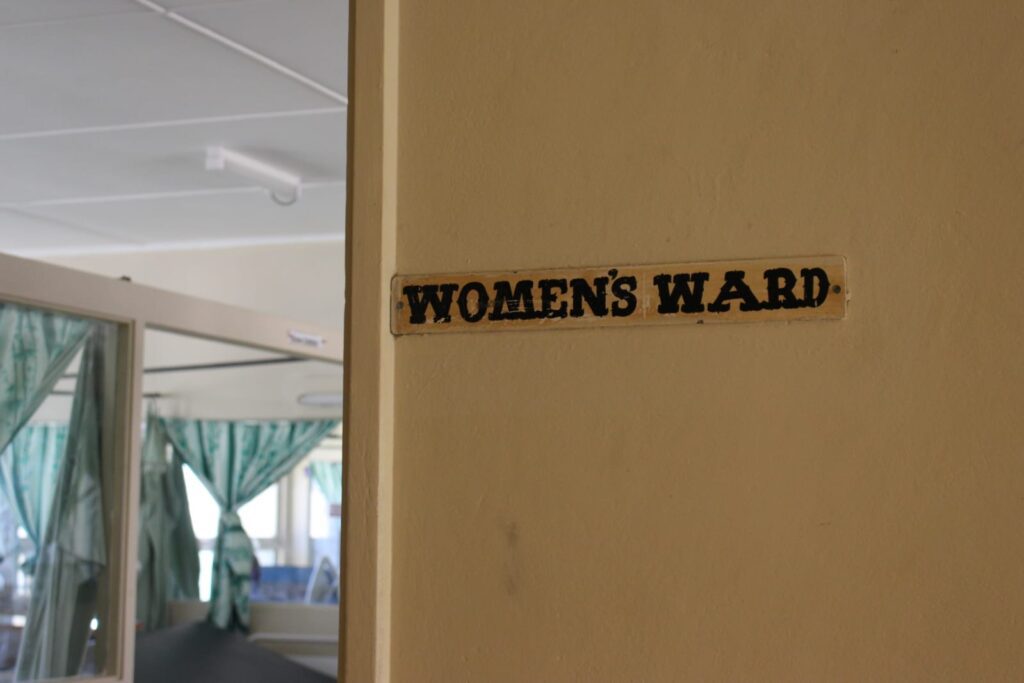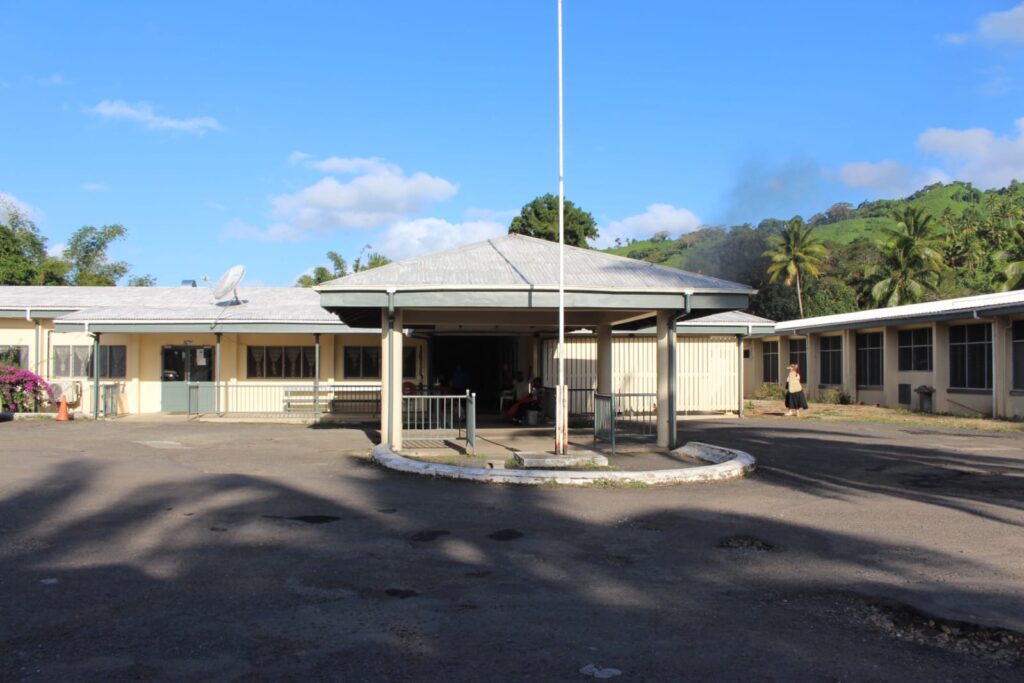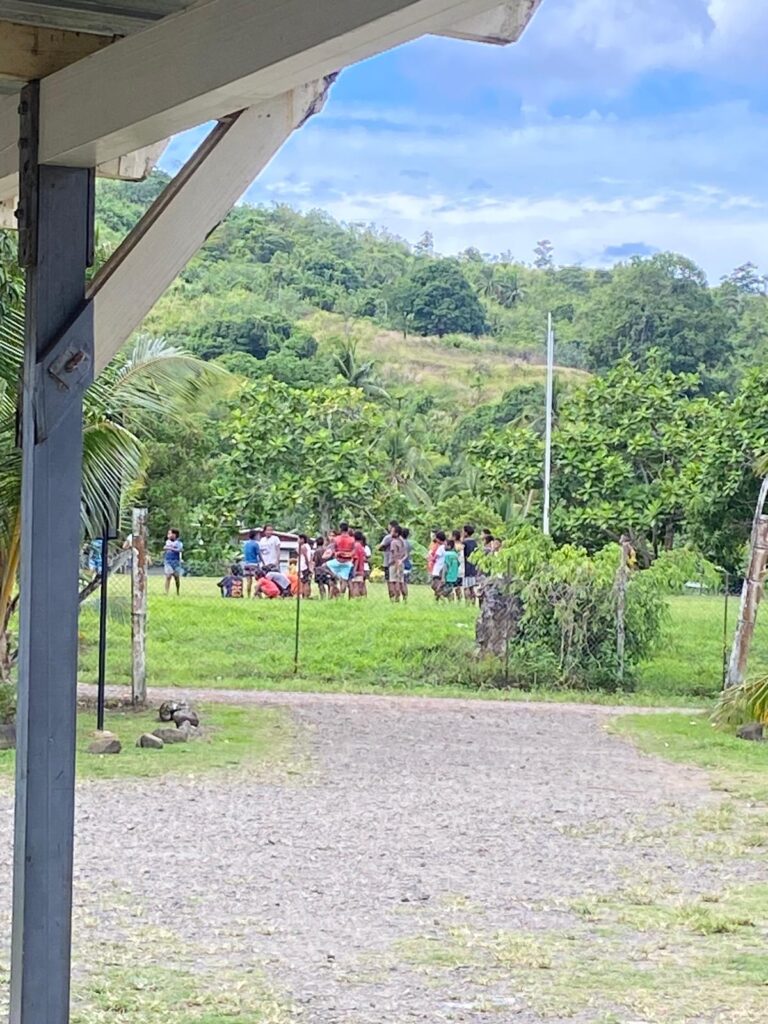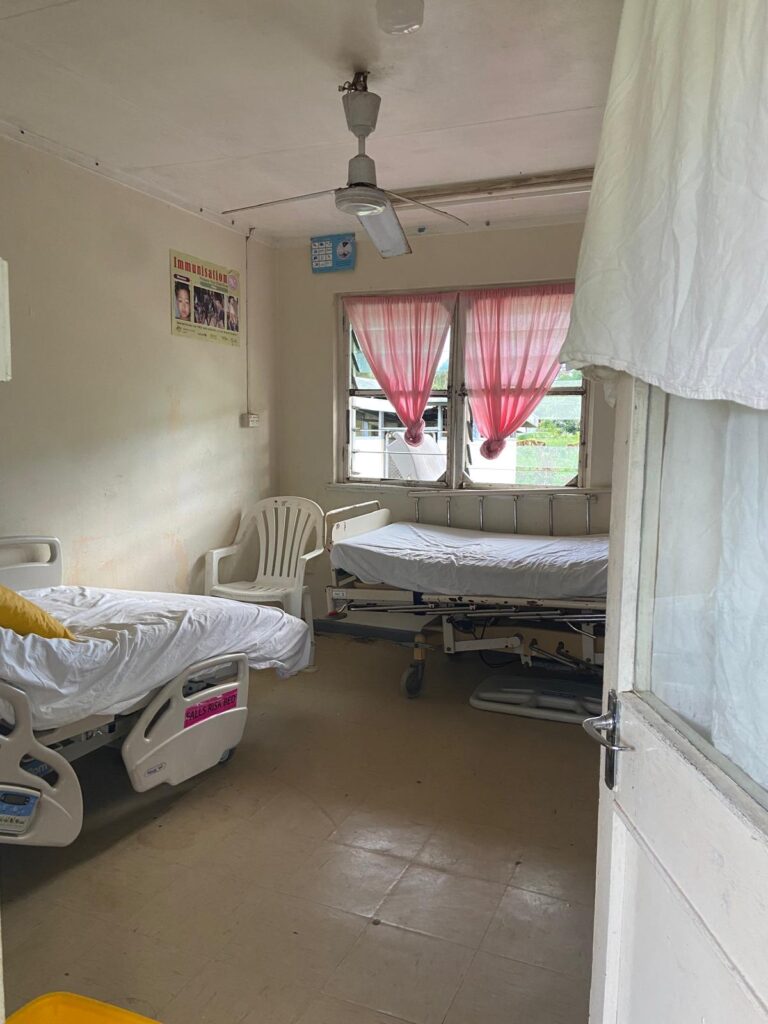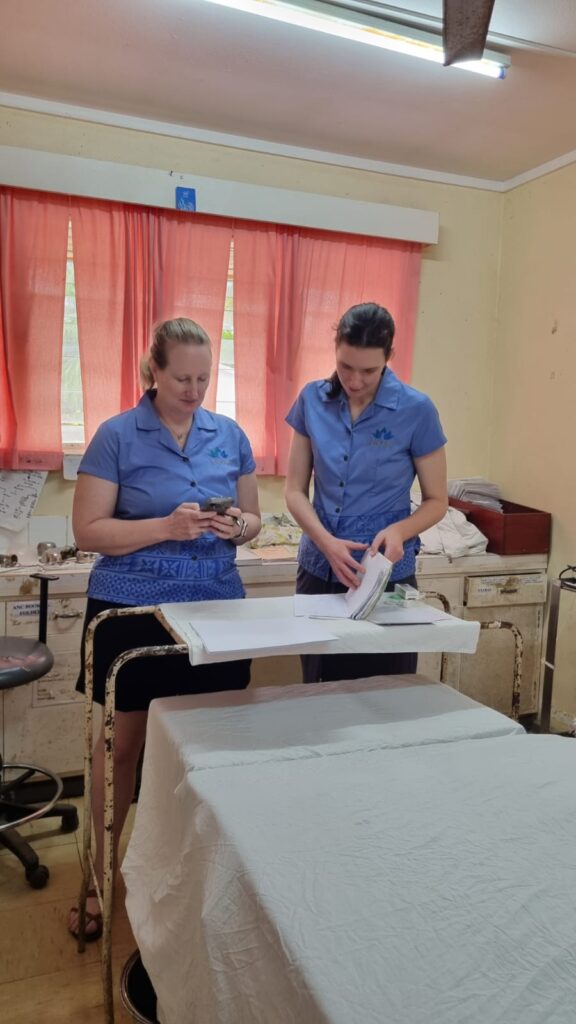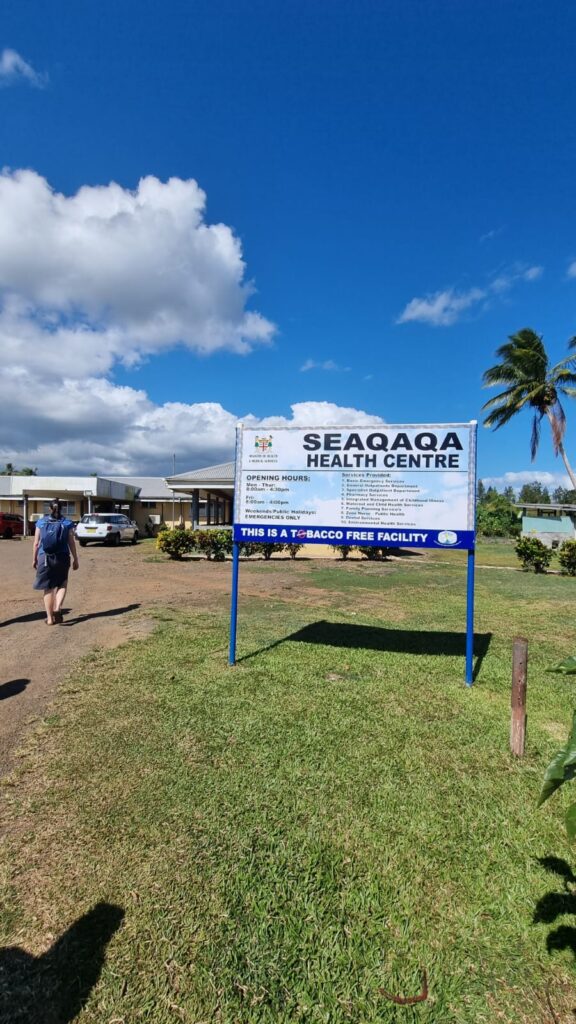The world is beating cervix cancer
With your help, the Pacific Islands can too.
WHY
Why is Cervix Cancer such a problem in the Pacific?
Most Pacific countries have unacceptably high rates of cervical cancer.
This is largely due to the high prevalence of the human papillomavirus (HPV) and the lack of adequate screening and treatment.
There are economic, social and logistical reasons for this. Major barriers to screening are the time it takes to obtain results, and difficulties in locating women when treatment is available.
Making a donation to PICCSI can help to eradicate cervical cancer in the region by assisting us in gathering data, screening women and providing treatment on the same day.
WHAT
What does PICCSI do?
The aim of the PICCSI Project is to eradicate cervical cancer in the Pacific Islands. PICCSI screens women in the Pacific for the virus that causes cervix cancer: Human papillomavirus. This is similar to how women are screened in Australia, New Zealand and many parts of the world.
When women test positive for the virus they are offered a small procedure as treatment. The PICCSI Project screens and treats women on the same day, at a health service close to their home. This decreases the number of women who are lost between getting results and receiving treatment, and subsequently the number of women who develop cervix cancer long term.
The project began in Fiji in 2018, with plans to expand to other Pacific nations subject to funding support.
The PICCSI Project aims to demonstrate that point-of-care cervical screening and treatment is a practical and viable model for the Pacific Islands, starting initially in Fiji.
By screening women for the human papillomavirus (HPV), which causes cervical cancer, and offering treatment on the same day at local health services, PICCSI reduces the chances of women being ‘lost’ between testing and treatment, ultimately lowering the incidence of cervical cancer over time.
After observing other methods fall short, our goal is to demonstrate that screning with point-of-care testing is an effective approach in the Pacific context. We hopw this will encourage local ministries of health to recognise the value of the programa and adopt it for their women.
We are proud and feel validated that in 2025, the Fiji Islands’ Ministry of Health has launched a pilot program on Vanua Levu, largely adopting the PICCSI model and taking an important step toward broader implementation.
Congratulations Fiji on this amazing step!
What we do
Screening
We’ve all heard of PCR testing since the beginning of the Covid-19 pandemic.
PICCSI uses on-the-spot PCR (polymerase chain reaction) testing to detect the cervix cancer-causing Human papillomavirus within one hour.
Treatment
PICCSI can treat Pacific Island women on-the-spot for some pre-cancer changes. We ensure local doctors are aware of our project and are equipped to deal with any unexpected complications.
Measurement
PICCSI collects much-needed data regarding the prevalence of HPV in the Pacific islands we visit. We provide all collected data to local health systems.
Education
PICCSI volunteers teach local healthcare workers on-the-go as we screen and treat women. PICCSI workers also run courses for local doctors nearing the end of their Obstetrics and Gynaecology training.
Cooperation
Our team has had a longstanding presence in the Pacific. PICCSI has built solid relationships with local health care workers and systems. We are proud to engage local doctors, nurses, students and administrators.
Responsibility
PICCSI utilises the services of Melbourne-based Australian Centre for the Prevention of Cervical Cancer (ACPCC). We consciously avoid duplicating existing services. We strive to conduct our project in a culturally, socially and environmentally-responsible manner.

